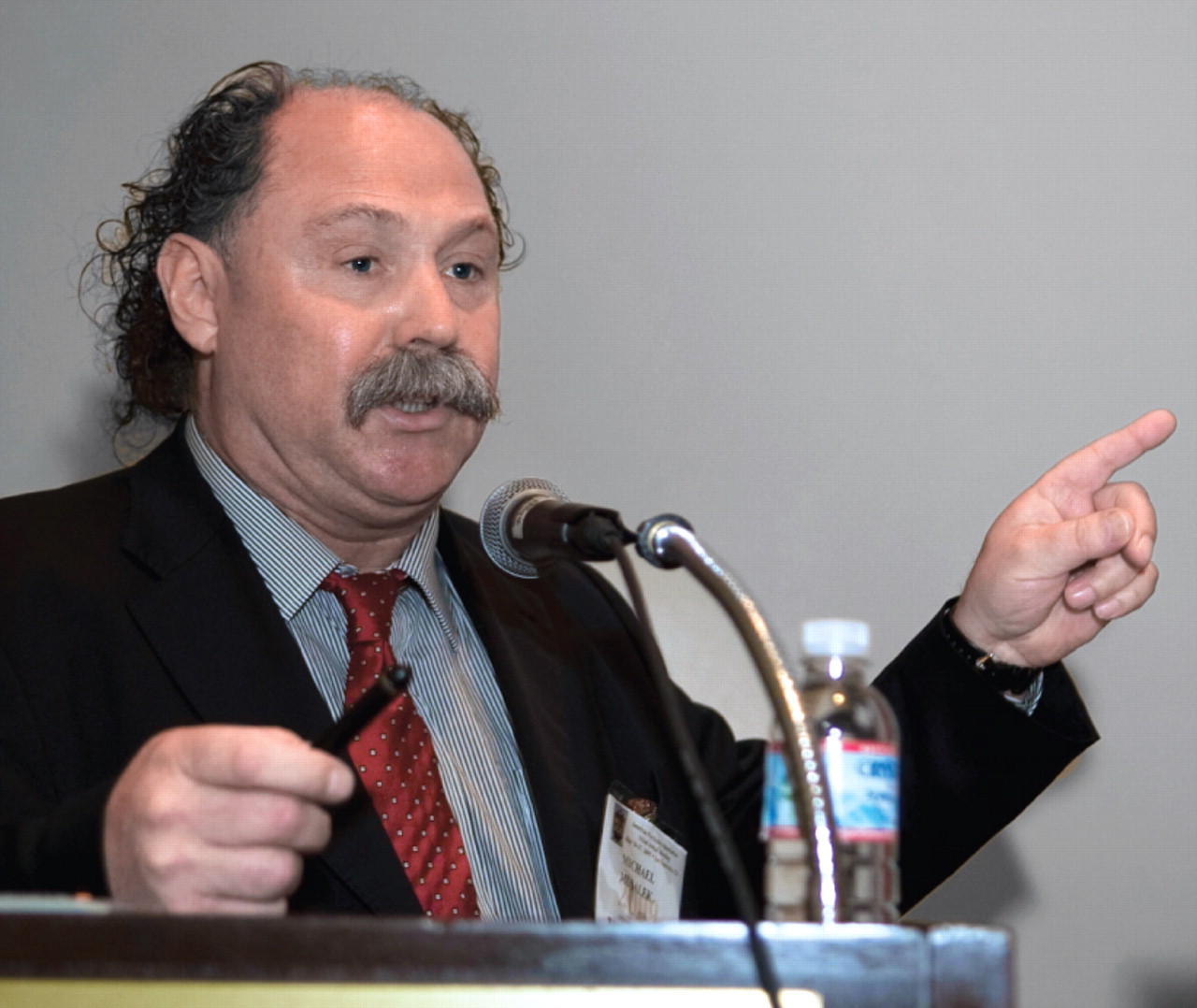Psychiatry in Europe, U.S. Not an Ocean Apart
European psychiatrists looked across the Atlantic and found enough similarities and differences to keep a lively discussion going during a session at APA's 2009 annual meeting in San Francisco in May.
Europeans admire clinical and research collaboration between those on both sides of the Atlantic, said Pavel Mohr of the Cyril Höschl Psychiatric Center at Charles University in Prague. At the same time, Mohr was concerned that this creates a uniformity that will submerge valuable regional specifics and may imply uncritical acceptance of a single approach to psychiatry flowing in from that monolithic international system.
Psychiatrists from the Czech Republic, Austria, and Germany spoke at the discussion organized by former APA President Pedro Ruiz, M.D., a professor and interim chair of psychiatry and behavioral sciences at the University of Texas Medical School at Houston.
Recent meetings of the European Psychiatric Association have seen an increased level of European identity, reacting perhaps to the outside influence of the Anglo-American world, said Mohr.
“Now that we all speak English, we understand each other better,” he said, with a touch of irony.
International cooperation was reaching a critical point in at least one other area.
“It is important to share new ideas as the development of ICD-11 and DSM-V proceeds,” said Wolfgang Gaebel, M.D., chair and professor of psychiatry at the University of Dusseldorf and past president of the German Psychiatric Society. He noted that DSM-V work groups include 25 percent international members and that leaders of these efforts are trying to harmonize concepts across a number of languages.
Mental health research on the continent is supported by the European Community, the World Health Organization, other nongovernmental organizations, and professional societies, said Mohr.
As in the United States, medicine's view of the pharmaceutical industry has moved from an era of optimism in the 1950s and 1960s to a “marriage on the rocks” today, he said.
Relationships with industry, which have preoccupied American medicine in recent years, are also a major issue in the rest of the world, added Gaebel. Senatorial investigations of conflict of interest in the United States have also had repercussions in Germany. Subsequent restrictions on industry funding must be offset by finding other sources of funding for education.
Internal questions in European psychiatry concerned the speakers, as well.
In Germany, said Gaebel, psychiatric specialties are divided differently. For instance, child and adolescent psychiatry is a separate specialty, not a subspecialty as it is in the United States. Under discussion at present is whether neuropsychiatry ought to become a separate field.
In contrast, the formal organization of psychiatry in Germany may reflect too much diversity, said Gaebel. “We are uncertain about our own identity, and that contributes to the low opinion of our field. Does a psychiatrist need to specialize in his field or be a part of something else? We should learn to speak a common language with the rest of medicine. [That we do not] is why we are so stigmatized today.”
Fewer European medical school graduates are choosing psychiatry as a career path, adding to a gloomier prognosis for the field.
Like their North American counterparts, the Europeans are concerned about their relations with primary care colleagues.
Because of stigma, patients find it easier to see a general practitioner rather than a specialist, said Mohr.
One listener suggested that, on both sides of the Atlantic, when psychiatry meant mainly talk therapy rather than medication, general practitioners were not so interested in providing mental health treatment.
“But when psychopharmacology became the standard, general practitioners became more interested in doing a little psychiatry,” he said.

Michael Musalek, M.D.: “GPs are not trained in psychiatry, but they see patients for psychiatric care. If they are to play that role, they must be educated.”
Credit: David Hathcox
“GPs are not trained in psychiatry, but they see patients for psychiatric care,” responded Michael Musalek, M.D., director of the Anton Proksch Institute in Vienna. “If they are to play that role, they must be educated.”
Musalek went a step further and suggested that it was time for a rethinking of psychiatry. Current, evidence-based medicine is rooted in positivistic paradigms, a foundation that leads to reductionism and fragmentation, he said.
“We look at the brain, or rather not even the brain but the cells that make up the brain, and not even the cells but the gap between the cells,” said Musalek. “Psychiatry could get lost in that gap.”
If psychiatry continues on that path, it might lose its patients to other branches of medicine.
Musalek wants to replace the evidence-based model with“ human-based” medicine.
Psychiatrists must move to a multidimensional process of diagnosis and treatment, from monologue to dialogue, he said.
“The classical view of disease says that the disorder goes away following treatment,” he said. “Human-based medicine says that the result of treatment is a better life.” ▪



